Abraham Nussbaum
Physician, Teacher, Writer
The Reading Cure
People sometimes confuse psychics and psychiatrists. Shrinks can’t read minds; we read books. A few years ago, I left social media and resumed reading. Reading builds resiliency and the ability to form therapeutic alliances. Here are some books about doctoring that I have been reading lately:
-
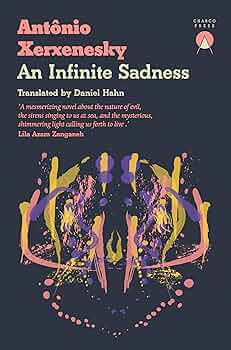
An Infinite Sadness, Antônio Xerxenesky
What happens after you wage an absurd war? Meaning shatters in stages long after what Porter called “the dazed silence that follows the ceasing of the heavy guns.” Into the “dead cold light of tomorrow,” patients file into the Swiss sanitarium where Nicolas, the psychiatrist protagonist of the first of Xerxenesky’s book to be translated…
-

Speedboat, Renata Alder
Came for the DFW obscure fiction syllabus nod, stayed for every variety of bougie doctor. The narrative fragments in a way which feels like this moment. The humor is mordant and devastating and, well, “The jet, the Xerox, the abortion law, and of course, of course, the tape recorder– these advances in terms of the…
-
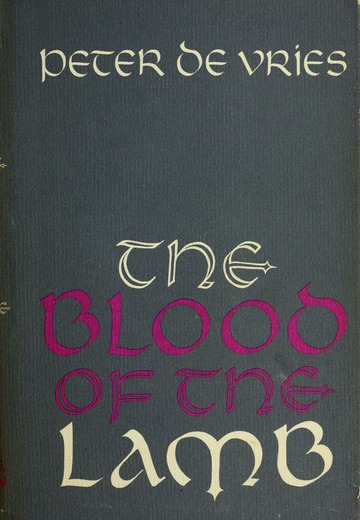
The Blood of the Lamb, Peter De Vries
What remains behind after a child dies? A doctor? When an oncologist I revere died too young, he left behind a full bookshelf where I found his copy of De Vries’ 1961 novel flagged with post-it-notes and annotations. I picked it up to see what the doctor saw. The novel is an unsentimental education of…
-
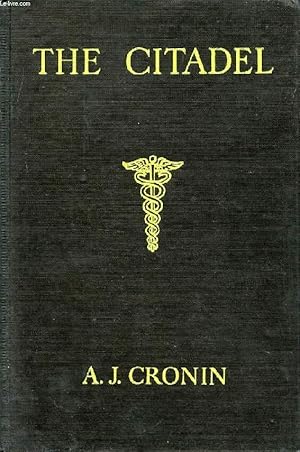
The Citadel, A.J. Cronin
Every revolution needs a novel. The Citadel’s protagonist, Dr. Andrew Manson, journeys from underdog trainee to posh practitioner before returning to an idealistic practice grounded in science. A funny thing happens on the way to the revolution: the book’s hope is small group practices “between state medicine and isolated, individual effort,” but this 1938 novel…
-
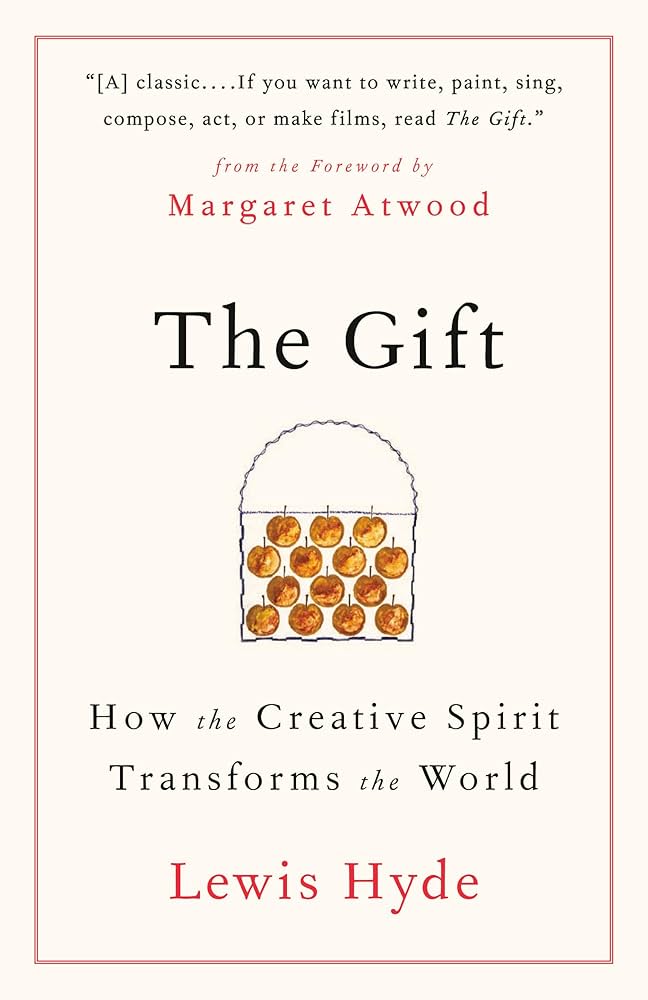
The Gift, Lewis Hyde
Need a mantra? Try this one: “If, when we work, we can look once a day upon the face of mystery, then our labor satisfies.” Need a work coach: try Lewis Hyde. He wrestles with the gift in a way which would astound any honest person. This one sat on my shelf for three years…
-
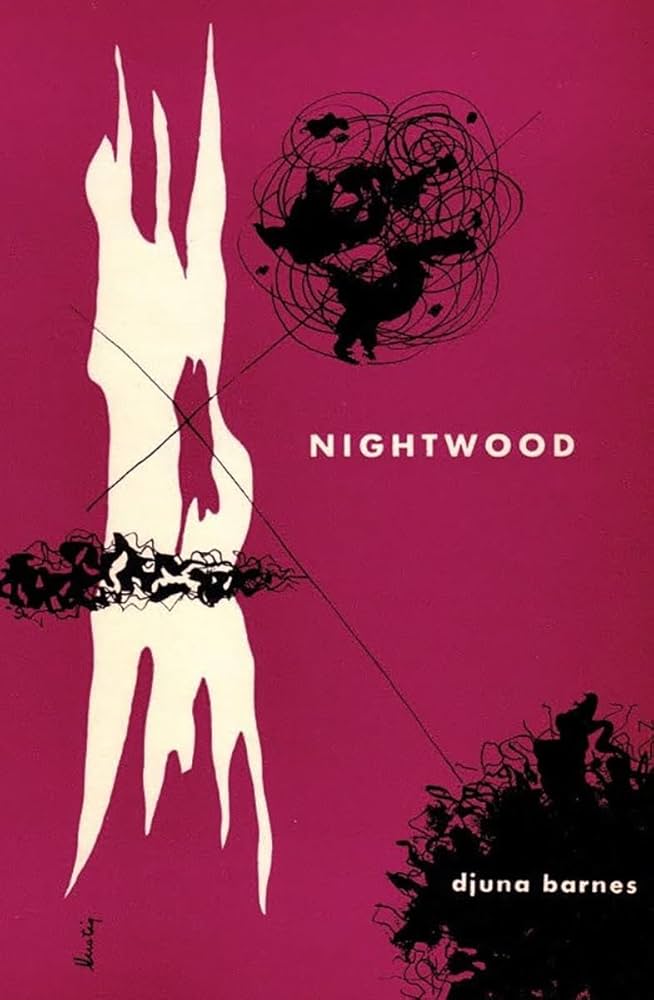
Nightwood, Djuna Barnes
How many books get a preface by Winterson and an introduction by Eliot? Nightwood, the most transgressive of doctor stories. Barnes gifts Doctor Matthew O’Connor some of her best lines—“the last muscle of aristocracy is madness”—and allows him to serve as the brain of the book. Diseased and dysphoric, Dr. O’Connor puts to shame any…
-
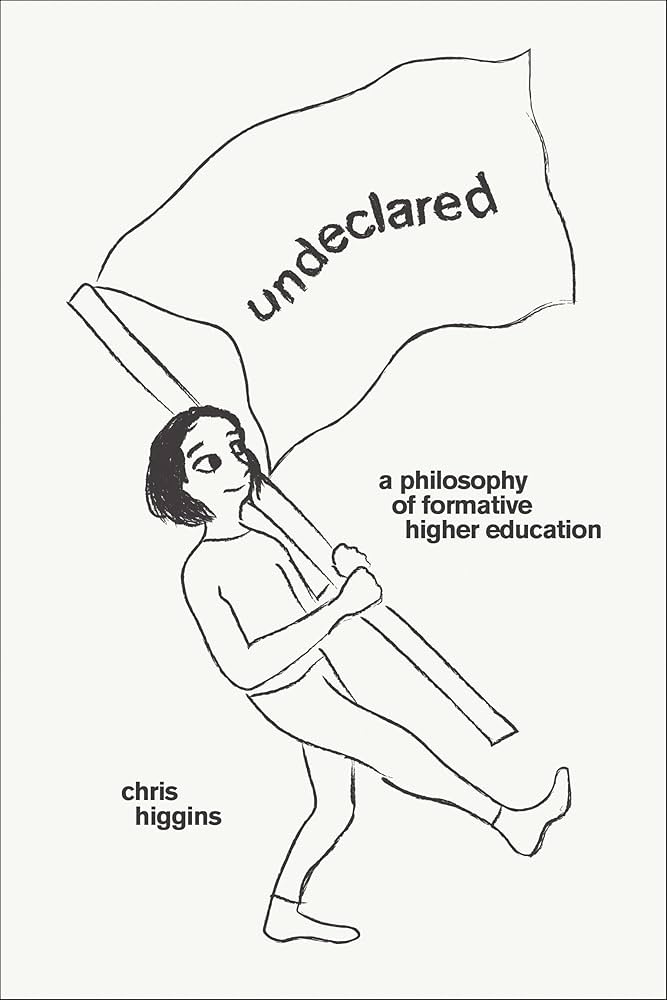
Undeclared, Chris Higgins
Medical students still swear oaths in august ceremonies. Most sense they are being asked to inhabit a worn-out creed as if it was still meaningful. Higgins writes for undergraduate general education, but I thought of medical students. The real oaths are, Higgins reminds, humane vocational acts which help a trainee in “finding a worthy form…
-
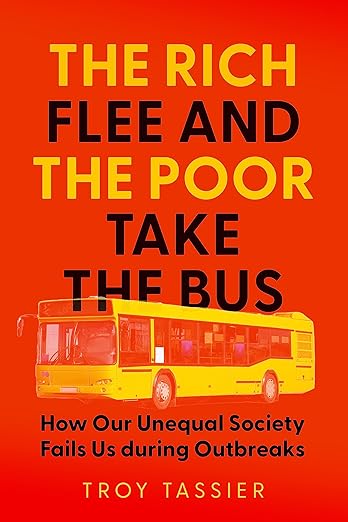
The Rich Flee and The Poor Take The Bus, Troy Tasssier
Take the dust-jacket off this one–it’s a banger of a design– and slip it over a dystopian YA novel. Then this can read as fiction. Dip into the now uncovered over the nonfiction afterwards and you will be only more discouraged. Of all the post-COVID post-mortems of how the purportedly most pandemic-ready failed, Tassier contextualizes…
-

Case Study, Graeme Macrae Burnet
Burnet builds bits of several genres of a psychiatrist’s life–chapter, memoir, notebook– into a darkly comic novel haunted by a suicide. After Veronica jumps before the 4:45 to High Barnet, her sister blames the therapist. Going undercover as Rebecca, she seeks to uncover the therapist. There’s not much to him– he’s an uncommon failure, a…
-
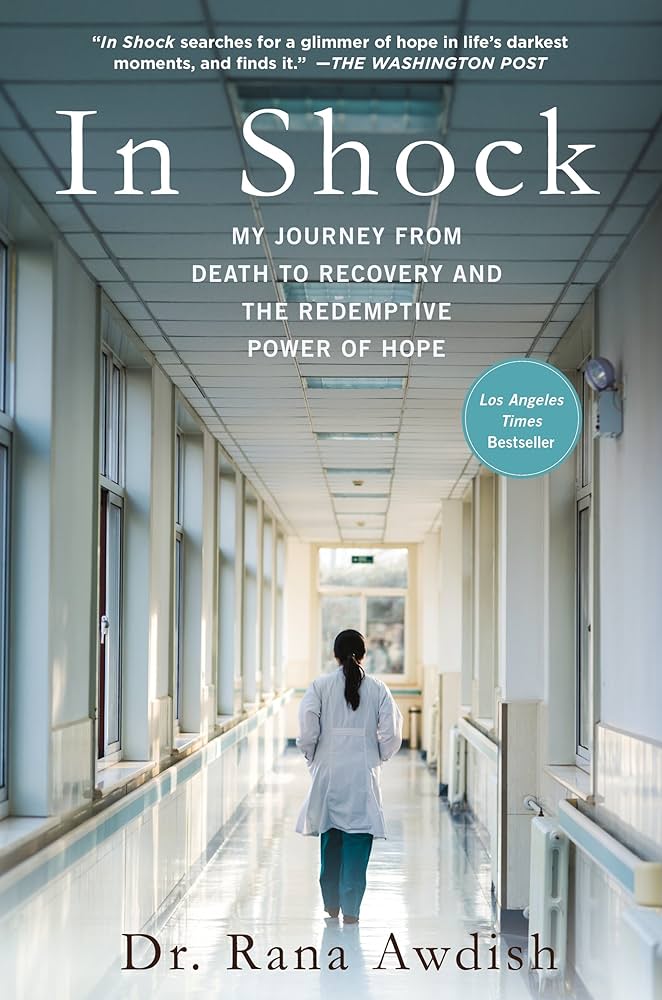
In Shock, Rana Adwish
Physicians wear white coats and treat illnesses, while patients wear hospital gowns and suffer them. The divisions defend doctors against reality: we will all wear the hospital gown someday and be diminished by illness. Awdish learned sooner, and far better, than most. She returned from harrowing illness with a composed narrative. On her wild plunge…
-
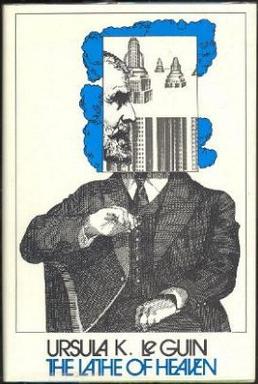
The Lathe of Heaven, Ursula K. Le Guin
What do you give a shrink who reads? Speculative fiction as prophesy, but with a capacity to break your heart. This goes on the list of books I wish I had read twice: today and tomorrow. “Are there really people without resentment, without hate, she wondered. People who never go cross-grained to the universe? Who…
-

Jayber Crow, Wendell Berry
A book about a barber, but a med student advised me to read it as a kind of doctor book. Jayber narrates a half century of executives supplanting farmers, tractors displacing mules, backhoes replacing shovels, and a man who walks away into the woods. Not backwards, but into a better economy, of barter, care, and…